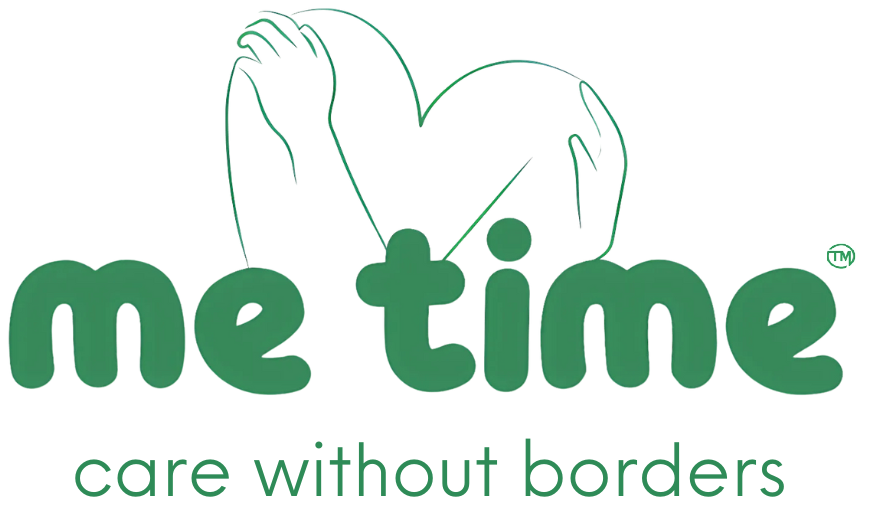Exclusive Offer: Enjoy Free CARA for All Users
Clinical Psychologist, Sebnem Turkmen
|
November 22, 2022
Sleep Hygiene, The Secret to Better Sleep

Sleep Hygiene, The Secret to Better Sleep
Although the quality and quantity of sleep directly impact our psychological and physical well-being, according to the WHO, at least 40% of the world's population suffers from some form of sleep disorder.
Good sleep hygiene refers to a set of practices and habits that promote healthy and restful sleep. Many people focus on determining the number of hours they should sleep each night when the truth is that restful sleep is a multifactorial issue. Therefore, there must be a balance between duration, timing, continuity, quality and efficiency. This is where sleep hygiene comes into play, that set of habits, techniques and circumstances that make sleep more adequate and better used.
Importance of Sleep:
Given its importance, we want to to share with you some recommendations to achieve good sleep hygiene in your rest: Among the benefits of good sleep hygiene are the following:
- It strengthens cardiovascular, metabolic and immunological health and physical performance
- Improves information processing and retention
- Reduces fatigue, irritability and lack of motivation
These practices can help individuals fall asleep faster, sleep more soundly, and wake up feeling refreshed and energized.
Here are some recommendations to achieve good sleep hygiene:
1. Stick to a consistent sleep schedule: Try to go to bed and wake up at the same time every day, even on weekends. This helps regulate your body's internal clock and promotes better sleep quality. 2. Create a comfortable sleep environment: Make sure your bedroom is cool, dark, and quiet. Use comfortable bedding and a comfortable mattress that supports your body. 3. Limit caffeine and alcohol consumption: Caffeine can disrupt your sleep, so avoid consuming it in the late afternoon and evening. Alcohol can also interfere with your sleep, so limit your consumption or avoid it altogether. 4. Establish a relaxing bedtime routine: Engage in relaxing activities before bed, such as reading a book, taking a warm bath, or practicing yoga or meditation. Avoid stimulating activities, such as watching TV or using electronic devices. 5. Limit exposure to electronic devices: The blue light emitted by electronic devices can disrupt your sleep. Avoid using electronic devices before bed or use blue light filters. 6. Exercise regularly: Regular exercise can help promote better sleep, but avoid exercising too close to bedtime as it can stimulate your body and make it difficult to fall asleep. 7. Manage stress: Stress can interfere with your sleep, so practice stress-reducing techniques such as deep breathing, mindfulness, or yoga.
If you are experiencing difficulties falling asleep or cannot establish a routine that increases your sense of well-being, it may be a good time to consult a wellness counselor, who can advise, support and help you.
Good sleep hygiene is essential in order for you to continue taking care of your emotional well-being. By simply following these recommendations, you can establish healthy sleep habits and improve the quality of your sleep and your emotions.

Need support on your wellness journey?
You don't have to wait to talk to someone. Our licensed providers have availability every week, making it easy to start when you're ready.


Need support on your wellness journey?
Whether you're navigating something difficult or simply looking to improve your well-being, our licensed providers are here to help.
You don't have to wait to talk to someone. Our licensed providers have availability every week, making it easy to start when you're ready.



